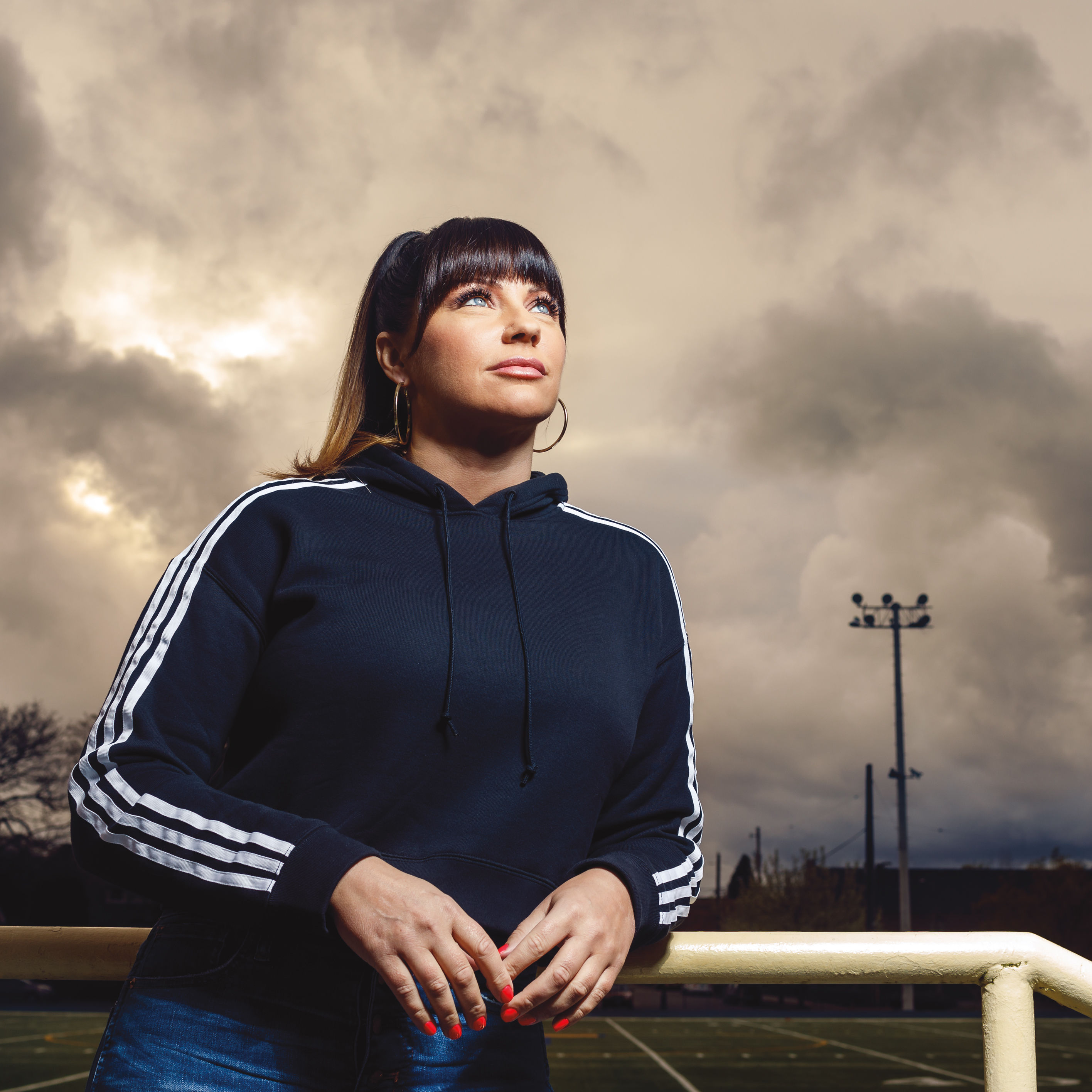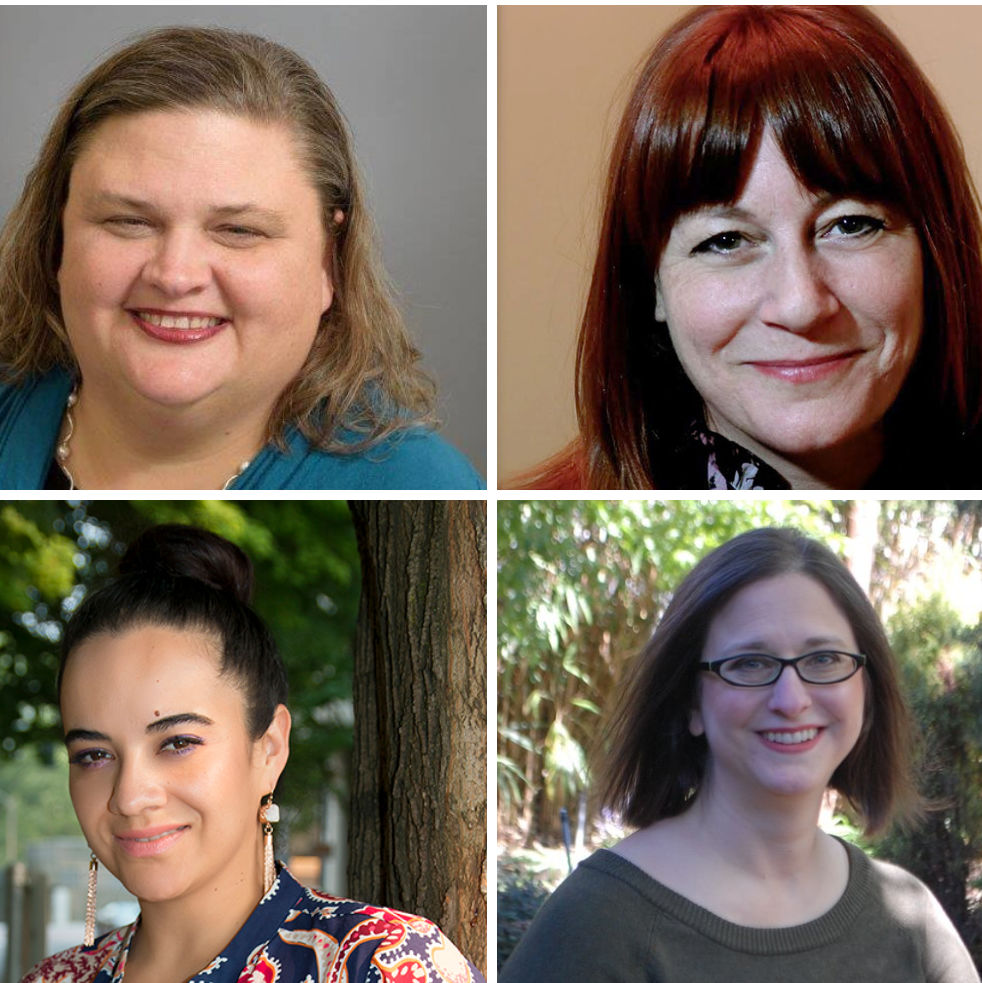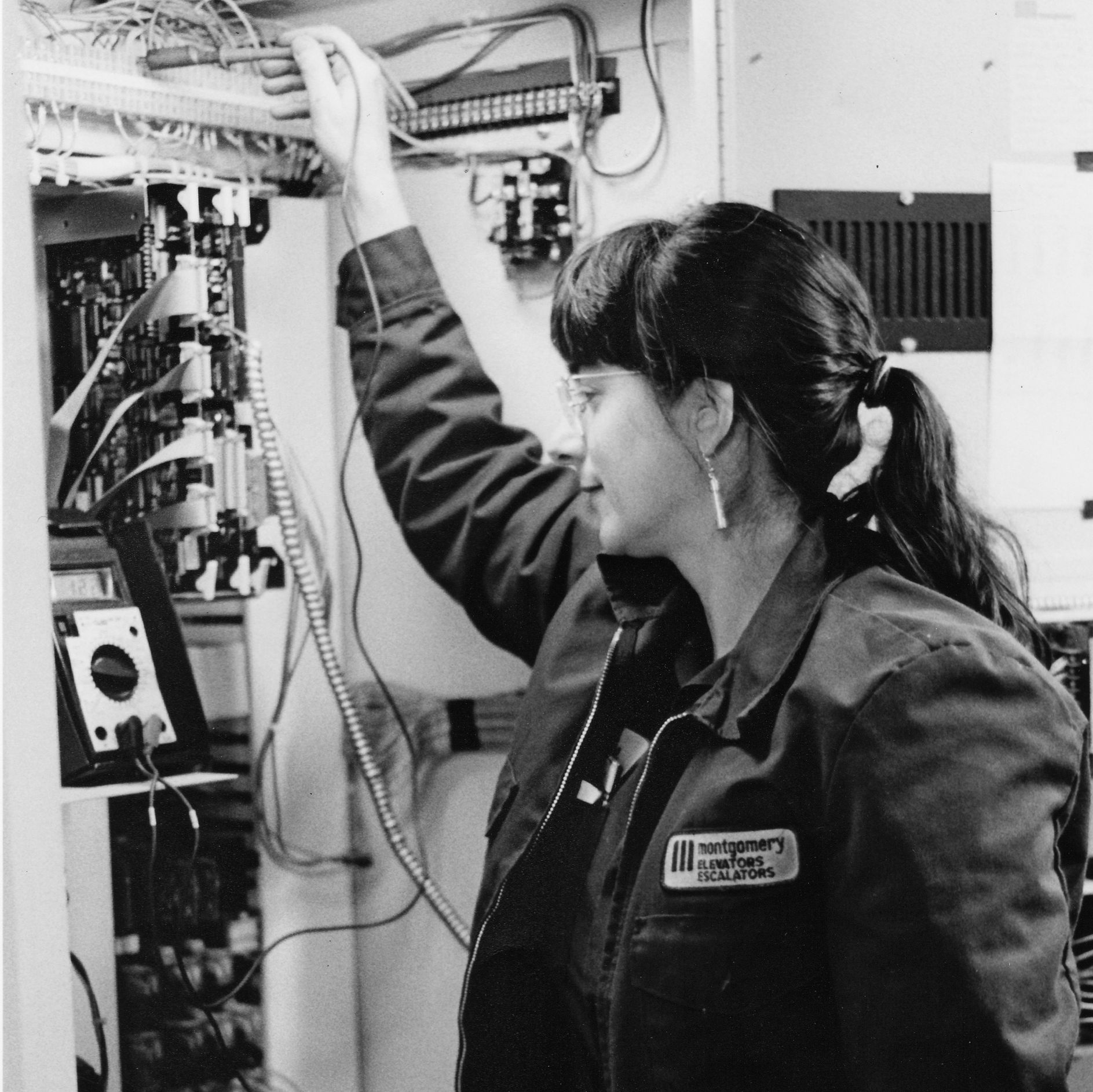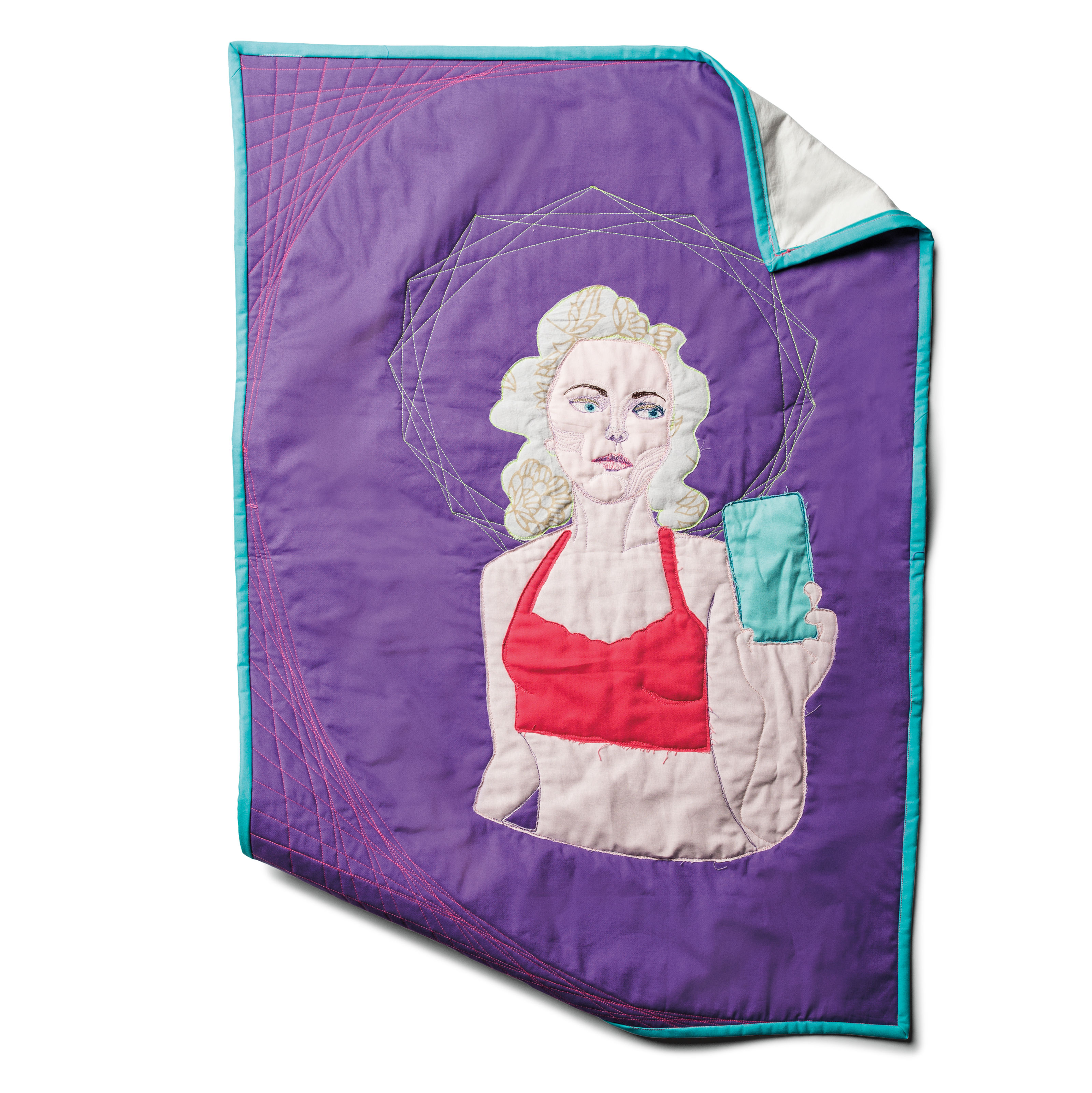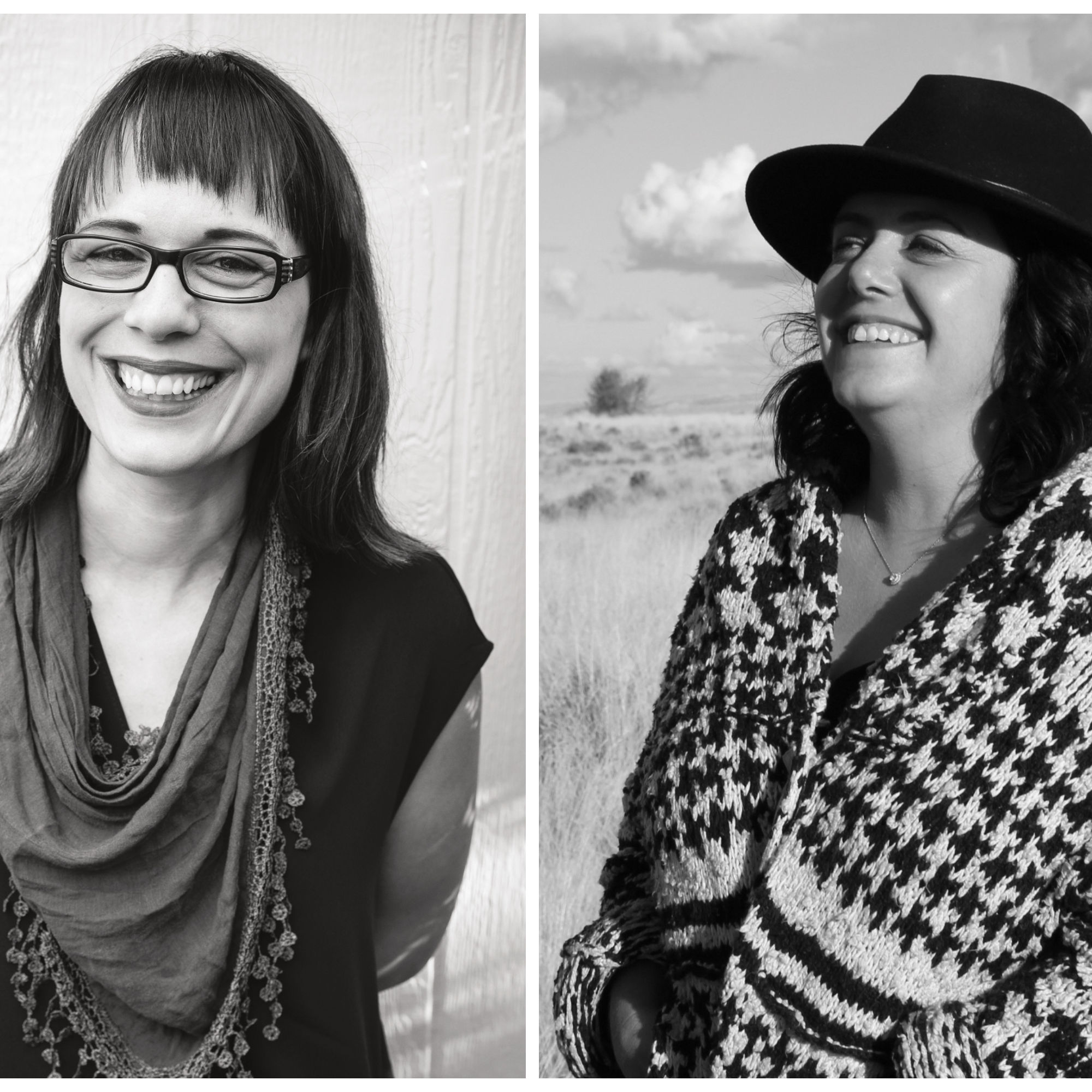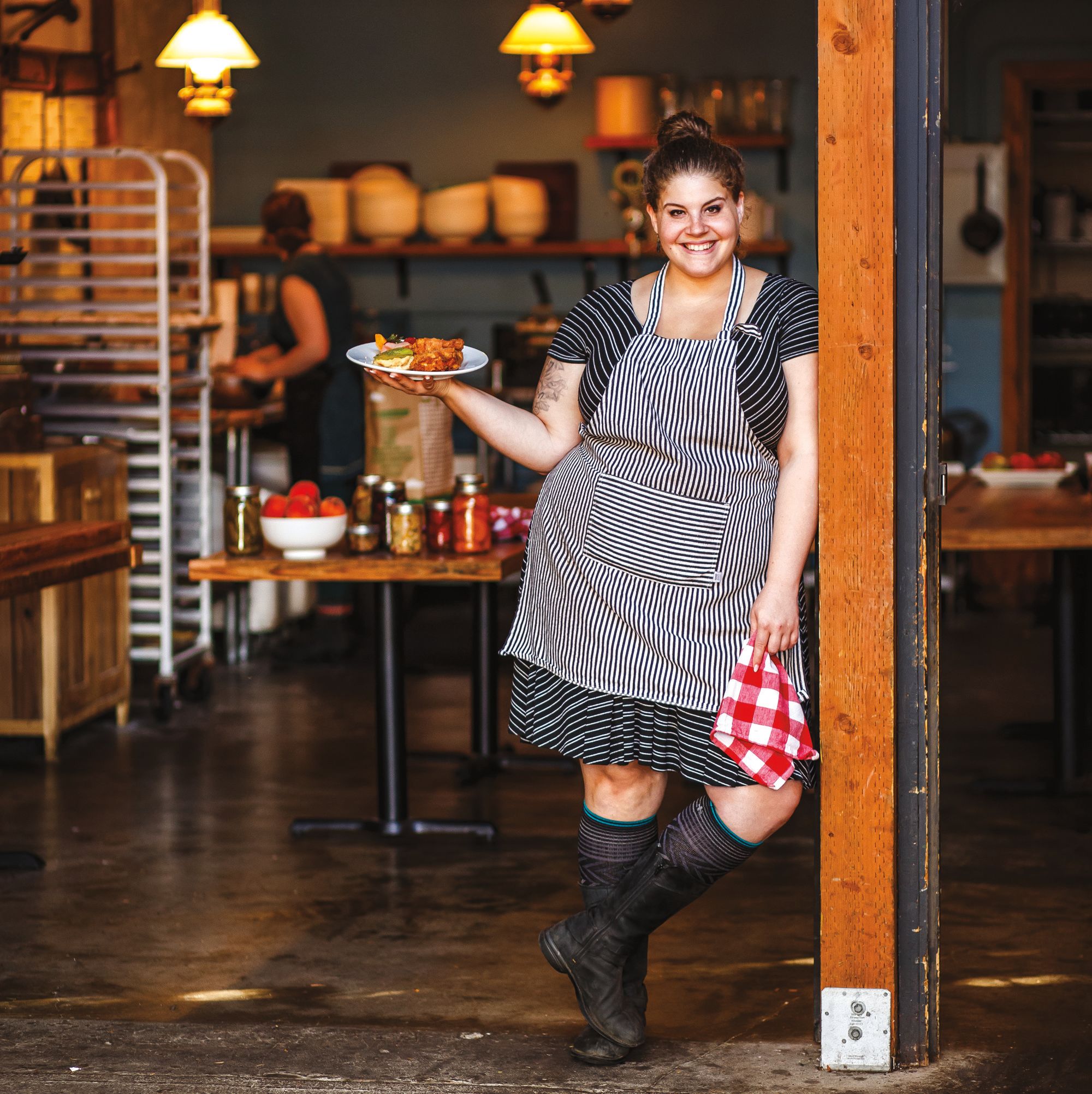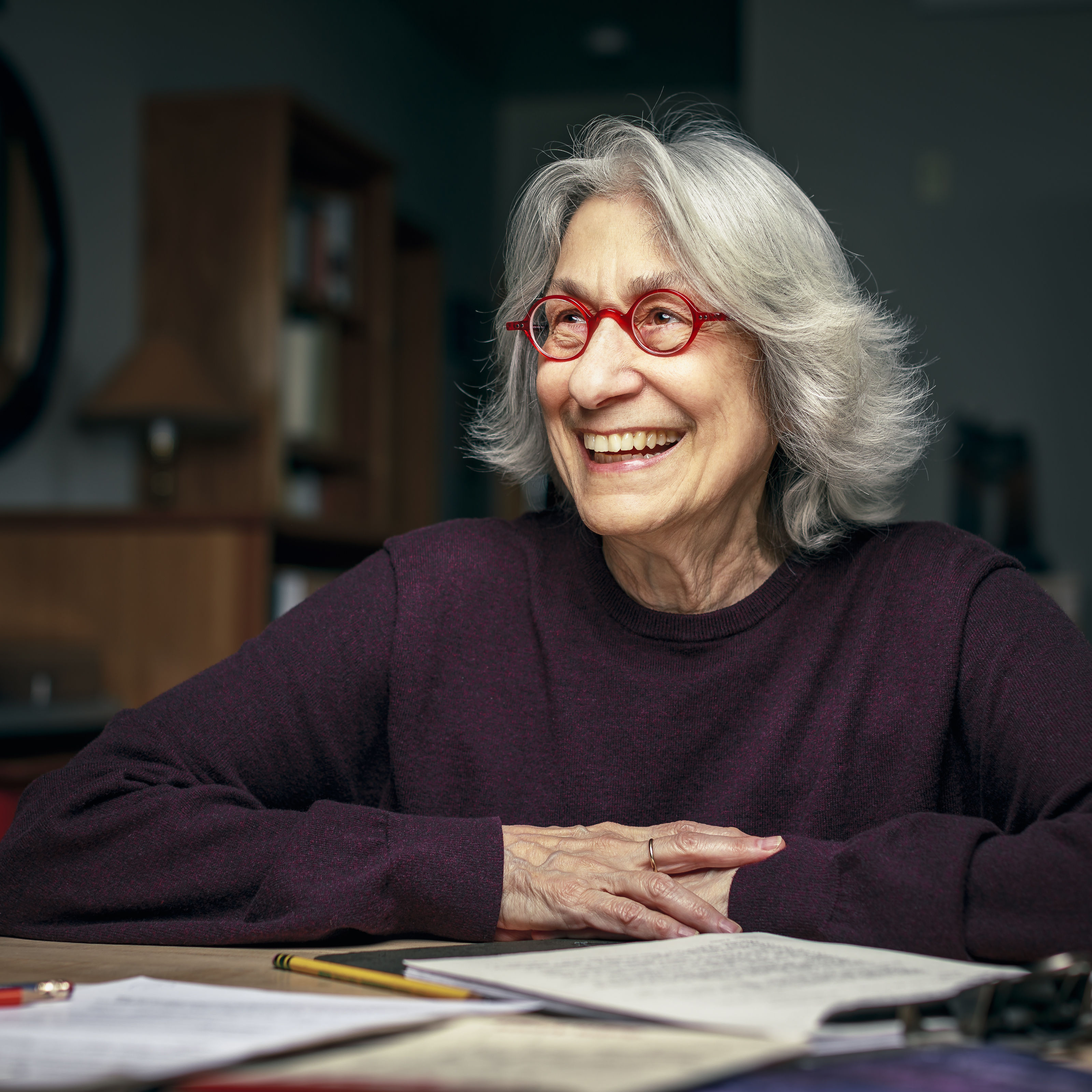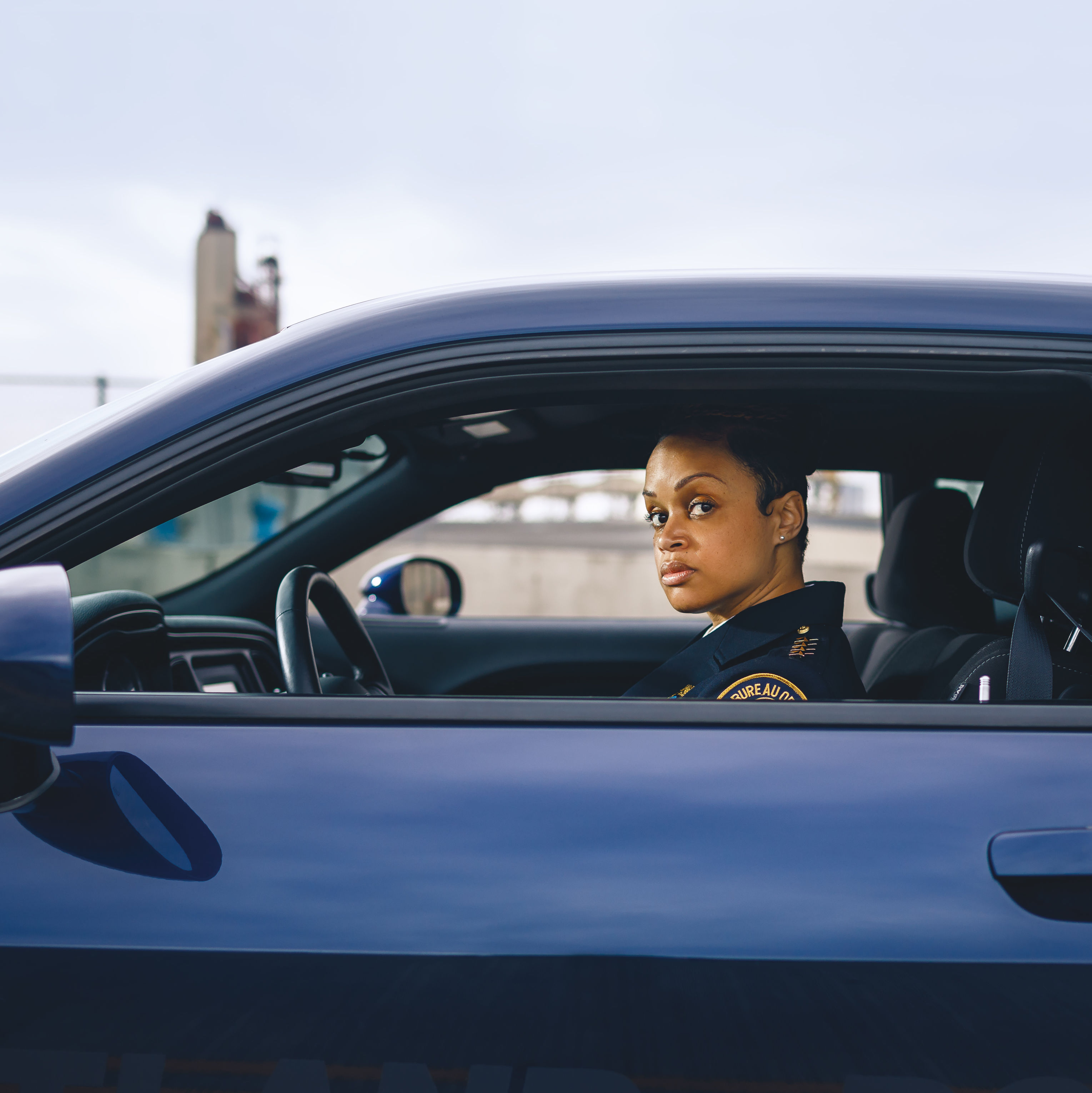Women Are Running for Office in Record Numbers in 2018
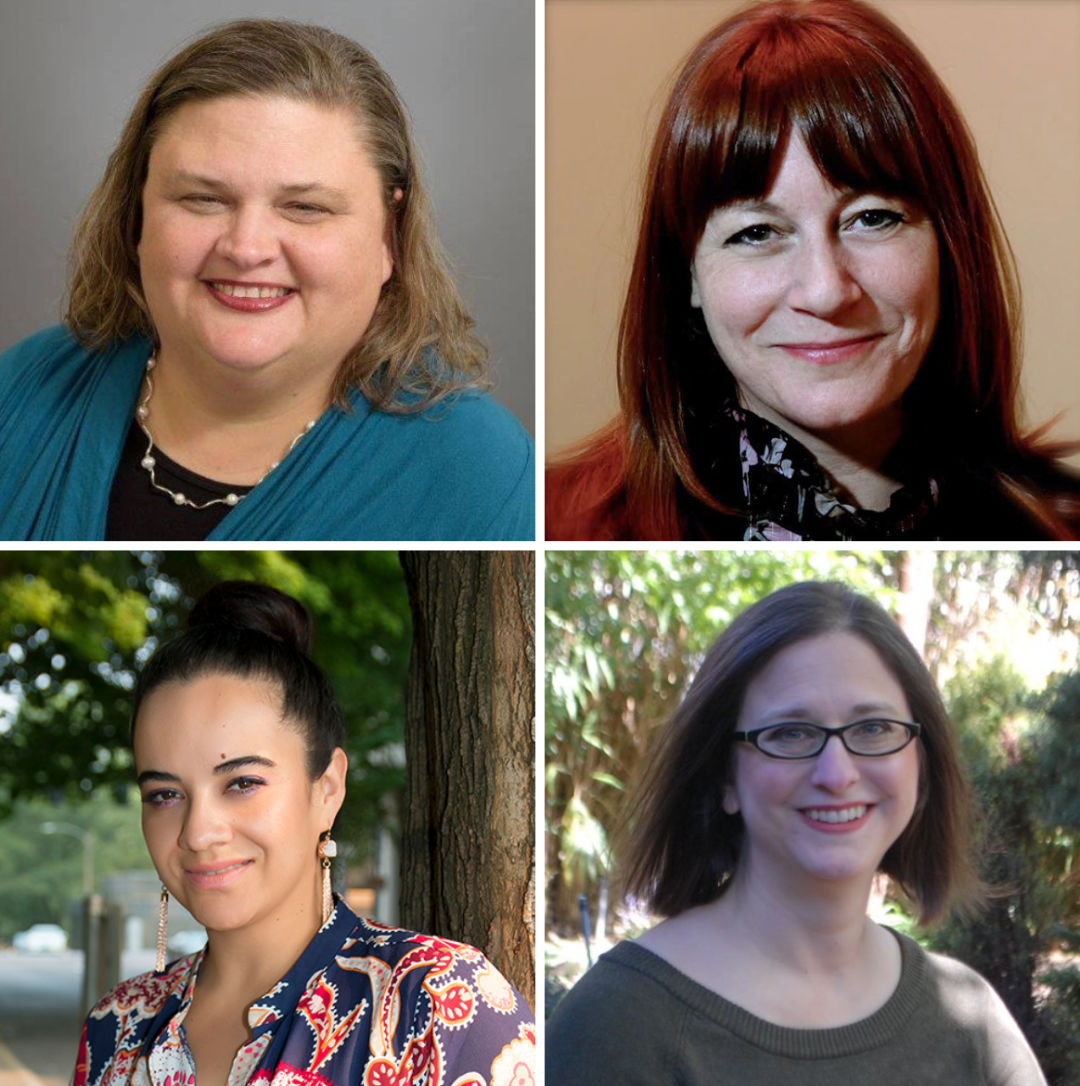
Clockwise from top left: CM Hall, Rachel Prusak, Jennifer McGuirk, Maria Garcia
In the run-up to the 2016 presidential election, many thought the glass ceiling was about to shatter for good. But this year’s midterm elections are set to make their own history, with women pursuing elected office in record numbers. Compared to 2016, the field of female Congressional candidates has doubled. At the state and local level, organizations have seen a huge increase in women—overwhelmingly Democrats—considering runs for public office. In the 2016 election cycle, EMILY’s List, which helps elect pro-choice women, heard from just over 900 women interested in running. This year? More than 30,000. What’s propelling these candidates? We talked with four Oregon women stepping into the arena for the first time.
CM Hall, Newport City Council
A certified sign language interpreter, Hall teaches deaf-blind interpreting and LGBTQ studies at Western Oregon University. She's worked as a fundraiser and political strategist for progressive campaigns and nonprofit organizations.
“I was, of course, inspired by Hillary Clinton’s run for president. I also knew that I had my background in community organizing. I saw people with less background, less experience—and if I’m being perfectly honest, men—running and winning. And I just thought, I have to run. I know how to organize communities, and I know we need people who can legislate sewer issues, taxation issues, parks issue—the everyday issues that matter to a lot of people. So why now? Why not now?
“Even when you have multiple women running in a race, I haven't experienced that same level of competitiveness—that fight-to-the-death kind of experience. But it's great to get your issues out there, to talk to folks. We're supportive and, and, in my opinion, more feminist in terms of affirming the voices that each woman represents. We don't need token representation. We need legit representation. We need diverse representation. We need old and young. We need queer and non-queer, cis and trans, people of color, people with disabilities. We need to see that. And I think women are the people who are going to bring those perspectives.”
Rachel Prusak, State Representative, District 37
A lifelong nurse who's worked at Planned Parenthood, community health clinics, and in palliative and hospice care, Prusak has long pushed for single-payer health care in Oregon.
“[As a candidate] you’re being pulled in a lot of different directions at once. I’m able to do this and work full time because I do not have kids. I do not know how anybody could do it and have children. It’s why we have a lot of men in leadership roles, and it’s why we need to find a way to have more women representing us in elected positions. Campaign finance reform [is] super important, so that women can run and not have to work a full-time job fundraising, on top of their regular jobs.
“One of the things I've been trying to reiterate over and over is that nurses have been advocating for our patients—that I have been advocating for my patients—for years, and now I want to advocate for constituents and communities and the entire state in Salem. [I want to bring] a voice of the people that haven't been heard—the people I've been caring for, the elderly and disabled, to protect health care and paid family leave.
“There is a lot of misunderstanding of how [single-payer health care] would happen. I think that as a concept, people believe everyone should have access to health care, but people haven't had a lot of easily digestible information at their exposure. My biggest thing is encouraging people to learn about how every other industrialized country has it. I have held information sessions. I think once everybody understands that not only does it decrease suffering, but it's cost effective, then we will move towards that type of system.”
Jennifer McGuirk, Multnomah County Auditor
McGuirk is running to lead the office where she’s held a staff position since 2012. She has also worked as a higher-education grant writer and manager.
“Multnomah County provides safety-net services to thousands of people in our county. I want to raise the game at the auditor’s office and highlight not just accountability—which is what the auditor’s office has always been about—but also equity. A couple of years ago, I started thinking about running. I felt there were some issues we could look into—the use of force in jails against predominantly people of color, and conditions in our jails for people with mental health issues. How effective are we with the taxpayers’ dollars? Are we working in a way that is accountable to the people? Are we really helping to make a difference in the lives of the vulnerable populations we are supposed to be serving?
“I felt like we could go deeper in our mission and came to the realization [that] for that to happen, I would probably have to run for office. And the presidential election deepened my resolve that women and people of color need to be running for office more, and trying to make our democracy much more representative.
“[For first-time candidates], it is really important to have a core team that is supporting you, being your cheerleader, and just [helping] keep you going, because it's hard. There's days when you'll get really great news—you'll find out that a particular group is supporting you. And then there'll be days where you find out that somebody you thought would have aligned with you has chosen a different candidate. So it's really important to have people who are going to help you look at the long game.”
Maria Garcia, Multnomah County Commissioner District 2
Raised in Mexico City, Garcia immigrated to the United States 22 years ago and has worked locally in the Mexican consulate. She also owns downtown’s Revolución Coffee House.
“[Being an immigrant] is a benefit. You speak a different language. When you’re a girl growing up in a different country with different traditions, and then you come to this country, you have to adjust your thinking. You have to learn the systems, the language, the whole cultural change. It forces your brain to think deeper to understand what’s really going on. I see that my background helps me to understand the needs of other people.
“[Homelessness affects] us all every day. This is an issue of poverty. Being a woman of color—I didn't grow up poor and I'm grateful for that—but I've seen what poverty does. I was raised in Mexico City and I know what corruption looks like, what poverty looks like, what struggle looks like. I'm familiar with that, and I recognize that this is a matter of poverty. Poverty is what is creating all these social issues.
“When I worked in the Mexican consulate, I was invited to participate in an event at the Oregon State Penitentiary. Not all [incarcerated people] are criminals. Many of them are there because they didn't have the money to pay for a lawyer. Or because they're the victims of abuse. Or even if sometimes they are the abuser, it comes from somewhere. Through my experience, my interactions with them, I’ve became an advocate for them.”
